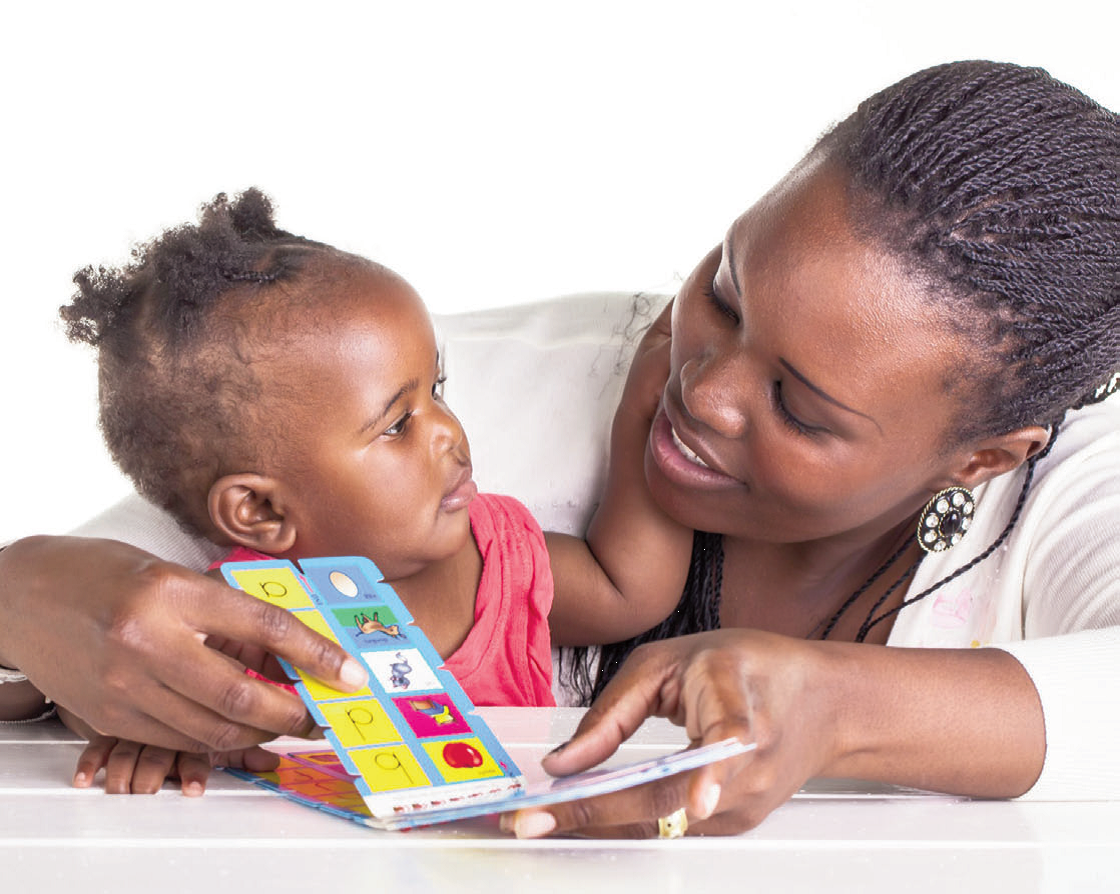by Maria Spencer
Over the years, I have had the opportunity to speak to many types of groups—many of them with an audience of primarily women and/or moms. I have had a question come up repeatedly from mothers of typically developing children that I feel is so very valuable and the subject needs to be brought to the surface.
Many women have asked me, “When my child sees a child that is differenty-abled, what you suggest I tell them when I notice them staring?”
Part one of my answer always has to do with how our kids create teachable moments for kids and adults. Not everyone wants to hear this part of the answer…..think about it–Teaching someone a new concept our skill takes time, right? Most of these moments are not filled with lengthy conversation—they are nuggets of time that present themselves at unplanned times. So in order to capture someone’s attention and truly teach them something about your child’s actions, sounds, looks, etc…that made them look in the first place, you have to be prepared to give an “elevator speech” version of the disability that is part of your world. They don’t usually have time, nor do they want to make the time to listen about details of your child’ s birth and day to day issues. This “elevator speech” has to be an overall, general summary of key points you would like to leave the mom with so hopefully they will continue the conversation with their child when they leave your presence. And hopefully you have given them just enough information to answer any questions their child may have. Key points we should tell our typically developing child is that it’s ok to ask a question about why they feel they need/want to stare and politely model for them asking the special parent a question about their child. What surprises most typical moms with this part is that they don’t think we would want to be asked questions—and we do. We’d rather create a few minutes of a teachable moment at the grocery store or park than allowing them to stare… and maybe one day, out of lack of knowledge, their child becoming the student in school that is part of making fun of one of our kids. None of us want that. Ask questions, be supportive to the mom…and let your kids see the typical interaction between you and the special parent so they know it’s ok to talk about children in a positive way who are differently-abled.
My prayer for you if you are a special parent this week is that you will prepare an “elevator speech” on your child’s strengths and weaknesses, and visualize yourself interacting positively with typical families.
The second part of my answer goes way beyond the actual moment of these short conversations. It is the amazing thing that happens over time with typical parents and children…. The more teachable moments they create by asking respectful questions to the special mom, the more they are teaching their child to talk to special kids. Because we allow the conversations to happen as the kids grow, the goal is that they will be more empathetic towards kids in their class that may act, look or walk differently than they do. And maybe they become the children who impact our children in a positive way one day because they were taught that compassion wins…
Kind, thoughtful questions and words about children who may learn differently than they do can turn our schools and communities into typically developing children becoming adults who in turn, repeat the cycle. At their school, university, on their job site—everywhere. It all starts with kind, hopeful, two way conversations.
These interactions breed conversations, actions and friendships that our kids are longing for.
They level the playing field-these moments break down barriers between our kids that can impact schools and communities that can’t be measured by numbers and data. These conversations take away the fear of the unknown and allow dialogue between families that is so very necessary in the special needs community.
My prayer for you as a typical parent this week is that you will be strong enough in moments that come up with your kids to be brave—ask questions, model appropriate behaviors and actions toward special families.
So how about it?
Next time you’re in the grocery store with your child and you see them looking…
Teach them to care, not stare.
Maria Spencer is the wife of Michael and the mother of Jonah and Olivia; they reside in Poland, OH. Her daughter Olivia a person with hemiplegic cerebral palsy. Maria is a Regional Coordinator for the Early Childhood Resource Center. Maria writes a monthly column for the Mahoning Valley Parent Magazine and Mid-Ohio Valley Parent entitled, “Special Parents, Special Kids.” She has stories published in “Women of Passions: Ordinary Women Serving an Extraordinary God”, compiled by Janet Ross, and “A Patchwork of Freedom” compiled by Lori Wagner. Maria is an inspirational speaker, blogger, parent coach and disability consultant. Maria is passionate about spreading the word to other special parents that they were chosen for their journey, and they are not alone. She can be reached through her website www.mariasmessageofhope.com. She can also be reached at mariajospencer4@gmail.com.

